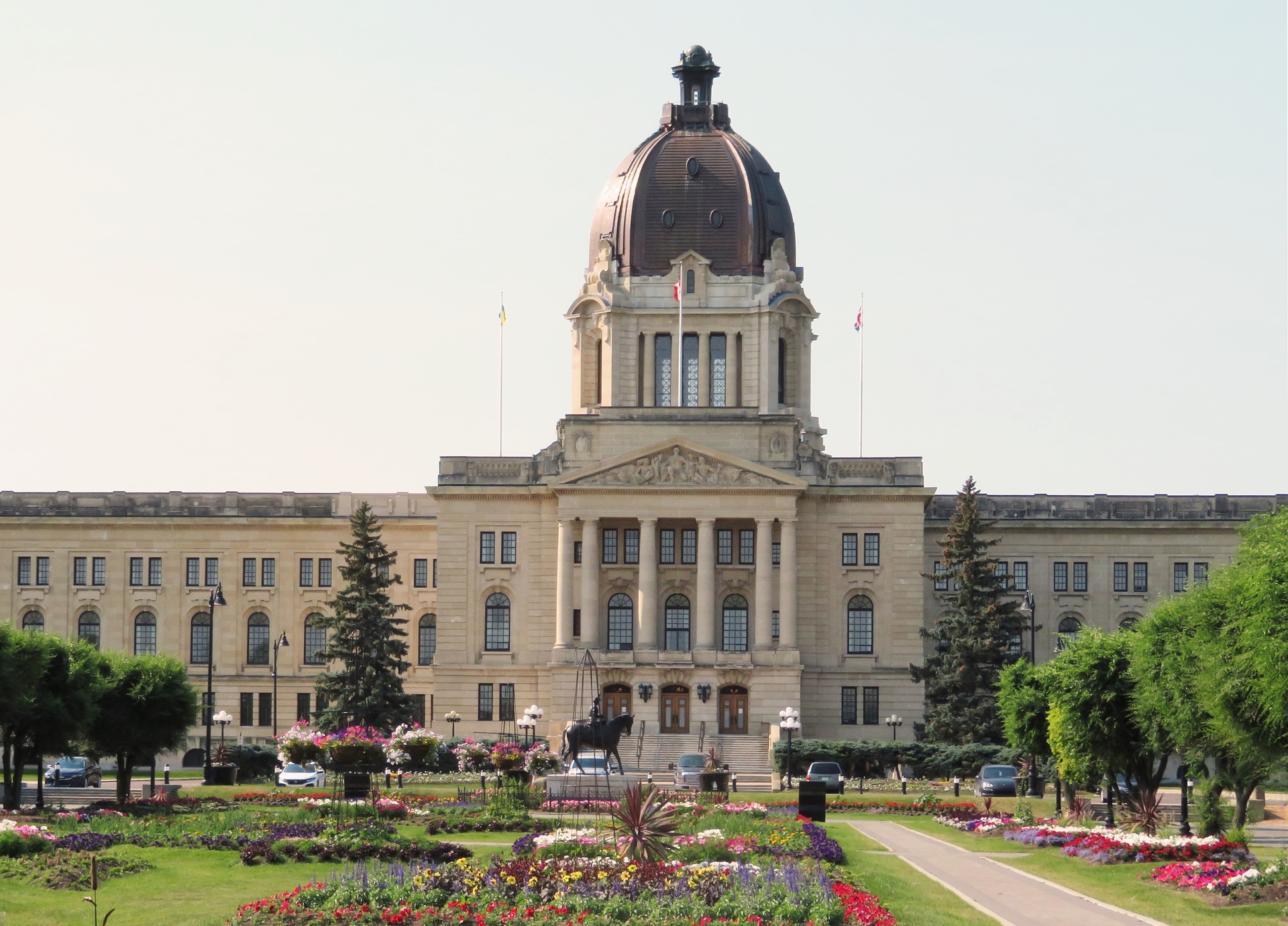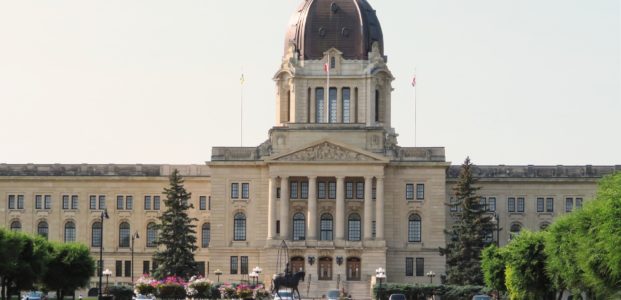SUMMARY
This article covers the following topics on the Environmental Management and Protection Act, 2010:
- General overview
- Purpose
- Basic powers and responsibilities of the Minister of Environment
- Regulatory offences
- Notable specific duties/powers of the Minister of Environment
- Duties, requirements, and rights of the public
- Other notable provisions
- Regulations
INTRO 101: The Environmental Management and Protection Act, 2010
General Overview:
The Environmental Management and Protection Act, 2010 (EMPA) was enacted in 2010 and it is administered by the Ministry of Environment. The EMPA addresses the management and protection of the environment and it is the primary legislative framework for environmental protection in Saskatchewan, although by no means the only provincial statute addressing this objective.
This primer on the EMPA provides an overview of its key features as of December 1, 2020.
Purpose of the EMPA
The purpose of the EMPA is to protect the environment by managing and regulating any activities and substances in Saskatchewan that potentially have “adverse effects” on the environment or human health. The EMPA defines “adverse effect” as damage to the environment or harm to human health that is caused by “any chemical, physical or biological alteration or any combination of any chemical, physical or biological alterations” (s. 2 (1)(b)).
Furthermore, the EMPA encompasses a broad understanding of the environment which includes the air and the layers of the atmosphere, land and water, organic and inorganic matter, “living organisms”, and ecosystems, etc. (see s. 2(1)(h)). The EMPA gives Saskatchewan’s Minister of Environment many powers to carry out this purpose.
Basic Powers and Responsibilities of the Minister of the Environment under the EMPA:
Saskatchewan’s Minister of the Environment has the primary responsibility of administering the EMPA (see s. 2(1)(t)) and for enhancing and protecting the environment in Saskatchewan more generally (see s. 3(1)). Among other things, the EMPA gives the Minister the legal authority to:
- Develop and implement policies, programs, and services for the protection, use, and management of the environment (see s. 3(2)(a))
- Monitor and publish data on the quality of the environment and activities that have or could have an adverse effect on the environment, such as discharges and waste management (see s. 3(2)(c))
- Inform the public about the quality and use of the environment, the quantity of certain substances in the environment, and any activity that has an adverse effect (see s. 3(2)(g))
- Manage and promote the conservation and efficient and economical use of drinking water in Saskatchewan (see s. 3(2)(i))
- Develop and establish standards or requirements regarding any matter governed by the EMPA (see s. 3(2)(l))
Regulatory Offences under the EMPA:
The EMPA also creates a number of regulatory offences with associated penalties to create a mechanism for enforcement of its environmental protections, including:
- A prohibition against unauthorized discharges of substances into the environment in an amount, concentration, level, or rate of release that is known to cause or may cause an adverse effect (see s. 8(1))
- A prohibition against abandoning waste without authorization (see s. 49)
- A prohibition against littering on land owned by another person or the Crown, as well as littering in any body of water (see s. 50(1))
- A prohibition against obstructing environment officers (see s. 82)
- A prohibition against making false statements or omitting relevant information to the Minister, environment officers, the Ministry of Environment, or any person acting on behalf of the Minister (see s. 84(1))
- A prohibition against failing to comply with any provision of the EMPA, the regulations, or the Saskatchewan Environmental Code created under the EMPA, as well as failing to comply with an order of the Minister issued under the EMPA (see s. 84(1))
Notable Specific Duties and Powers of the Minister of the Environment under the EMPA:
- The Minister has the authority to require reports on environmentally impacted sites from those who own or occupy the sites (see s. 11)
- When the Minister has reason to believe a site is environmentally impacted, they have the authority to require the person who is or may be responsible for the site to conduct a site assessment to determine the cause, nature, or extent of any adverse effects (see s. 13(1)). If the site is found to be environmentally impacted, the person who conducted the site assessment has to prepare a corrective action plan that describes in detail the methods that will be used to address these adverse effects (see s. 14(1))
- The Minister has the duty to establish an environmentally impacted sites registry (see s. 22(1)) that contains documents relating to the protection of the environment (see s. 22(2)). Municipalities have to ensure that activities in areas under their administration are compatible with the requirements set out in the registry (see s. 23)
- The Minister has the duty to prepare the State of Drinking Water Quality Report every year. This report describes the state of the quality of drinking water in Saskatchewan (see s. 32(1))
- The Minister can require people responsible for waterworks or sewage works to take measures to rectify or reduce issues that pose or may pose a danger to the environment or human health (see s. 35)
- If the Minister has reason to believe a waterworks or sewage works is causing or may cause an adverse effect, they can issue an advisory or emergency order (see s. 36)
- The Minister has the authority to issue an environmental protection order to someone they believe is carrying out an activity that is causing or may cause an adverse effect; the order may require the person to try to rectify the adverse effect (see ss. 55 and 56)
- When necessary for the public interest, the Minister has the power to take immediate action to prevent or mitigate an adverse effect (see s. 61(1)). This power allows the Minister to use privately owned equipment to complete necessary tasks (see s. 61(2)) and the owner of the equipment cannot prevent the Minister from doing so without good reason (see s. 61(3))
- If the Minister has good reason to believe that there is any terrorist activity that may cause an adverse effect, they have the power to take a prescribed set of measures to protect the health and safety of the public (see s. 67)
- The Minister has the authority to ask any municipality, government agency, or person to collect and supply information regarding the quantity, quality, source, use, and cost of water they have used (see s. 69)
Notable Duties, Requirements, and Rights of the Public under the EMPA:
- People who allow a substance to be discharged into the environment that may cause an adverse effect have a duty to report the discharge (see s. 9(1)). They also have the duty to take immediate action to rectify the risk or at least reduce the danger (see s. 10)
- Permits are required for certain activities, such as the operation of a waterworks and the operation of a sewage works (see Schedule – Table 1 [s. 24] on page 74)
- People responsible for waterworks that provide water intended for human consumption have the duty to ensure that the water supplied is safe for consumption (s. 33)
- If a resident of Saskatchewan who is at least 18 years old believes a violation of the EMPA has been committed, they can apply to the Minister for an investigation of the alleged violation (see s. 71(1)). Intentional false statements that trigger an investigation will result in a fine of up to $25,000 and imprisonment for up to 90 days (see s. 73)
Other Notable Provisions:
- All applications, information, data, test results, reports, etc. submitted to the Minister in accordance with the EMPA are public information (see s. 83(1))
- A person can be held liable for a violation of the EMPA, the regulations, or the code that was committed by their employee, helper, or agent. (see s. 86)
- The Minister and their designate, the ministry, environment officers and those lawfully accompanying them, project managers, and the Crown and their employees are immune from liability for loss or damage that result from acting on power given by the EMPA or the regulations, as long as they were acting in good faith (see s. 91)
- Volunteers of the Minister are not liable for consequences that result from their volunteering, unless there was overt negligence (see s. 92)
- If there is an emergency, the Lieutenant Governor in Council can exempt people from the duty to comply with any or all of the provisions of the EMPA, the regulations, or the code (see s. 94(1))
Regulations:
While the EMPA contains a lot of detail, there are many provisions that are open-ended and require further clarification. The Government of Saskatchewan can advise the Lieutenant Governor in Council to make regulations that define, expand, or restrict the meaning of words or expressions that are used but not defined in the EMPA – this provides much-needed clarification. For example, s. 2(1)(p) of the EMPA defines “hazardous substance” but does not give examples; the Regulations can further prescribe what substances are considered hazardous substances for the purposes of the EMPA (s. 98(1)(b)). The Regulations can also prescribe criteria and requirements that apply to certain sections of the EMPA.
Furthermore, the EMPA provides a statutory basis for the Saskatchewan Environmental Code, which is described in the Regulations. This code can contain provisions to determine criteria and terms that have to be met to carry out activities governed by the EMPA, to set specific standards, to require people to prepare environmental protection plans, to give notice to the Minister in order to engage in activities governed by the EMPA, etc. Lastly, the EMPA requires the Minister to allow the public an opportunity to provide feedback on any proposed regulation or amendment to a regulation that applies to this EMPA – the only exception would be in situations deemed to be emergencies by the Lieutenant Governor in Council.
See Part XII on page 67 of the EMPA for a complete description of the regulations.


